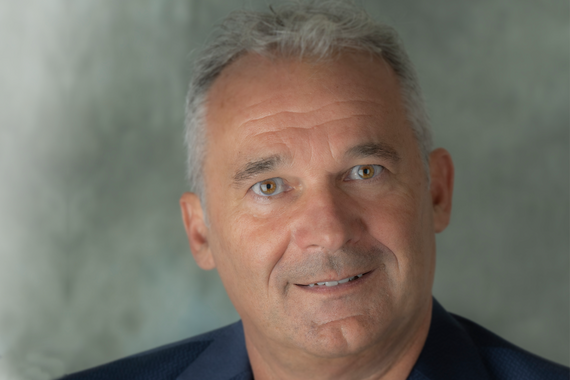-
The University
- Welcome
- Who we are
- Media & PR
- Studying
-
Research
- Profile
- Infrastructure
- Cooperations
- Services
-
Career
- Med Uni Graz as an Employer
- Educational Opportunities
- Work Environment
- Job openings
-
Diagnostics
- Patients
- Referring physicians
-
Health Topics
- Health Infrastructure
Metabolism and Microbiome in Pediatric Surgery
The focus of this research unit is the investigation of the interaction between the microbiome (all bacteria), volatilome (volatile organic substances in breath and stool) and metabolism in the context of pediatric surgical diseases such as esophageal atresia (congenital malformation with disruption of the esophagus), short bowel syndrome and neuroblastoma (a common pediatric tumor).
Contact
Contact
Contact
Dott. Univ. FA
Paolo Gasparella
Paolo Gasparella
Projects
Investigation of the microbiome in the context of pediatric surgical diseases
Colonization of the body with microbes begins shortly after birth; the microbiome develops. Due to the further development of molecular biological methods, it has become clear that this microbiome is also altered in the context of diseases relevant to pediatric surgery.
In our projects, we investigate alterations of the microbial colonization of various organ systems in children and adolescents. For example, we were recently able to show that patients with congenital diaphragmatic hernias that were operated shortly after birth still have changes in their lung microbiome in childhood and adolescence (Molecules, IF 3,267). The same was also shown for patients with esophageal atresia (Pediatric Research, IF 2,747).
Microbiome und Metabolism in tumor associated cachexia
The research team led by Christoph Castellani deals with the influence of tumor-associated cachexia and chemotherapy on the intestinal microbiome, metabolism and the intestinal wall barrier. In previous publications, significant changes in the intestinal microbiome composition paired with an inflammatory reaction and increased bowel wall permeability were shown to be caused by the tumor itself (Pediatric Blood and Cancer 2017; IF 2,646) and by its chemotherapy (Pediatric Research 2019; IF 2,747).
We further examine the possibility of modifying the intestinal microbiome - for example with prebiotics or probiotics - in favor of the host. A research project on this topic is currently being carried out in cooperation with the Allergosan Institute, the University of Natural Resources and Life Sciences in Vienna and the Medical University of Rostock and is funded by the Austrian Research Promotion Agency (FFG). Initial findings in this project were able to show a beneficial effect of OMNi LOGiC® Fiber Substitution on the intestinal wall barrier (Nutrients 2020; IF 4,546).
In addition to pre- and probiotics, the research group is interested in the question "is it the bacteria themselves or their metabolites" and in the influence of postbiotics, bacteriocins and antimicrobial bacterial metabolites on the microbiome in general. Possible beneficial effects in the context of chemotherapy and tumor-associated cachexia are investigated.
Funded by: FFG – Austrian Research Promotion Agency, Institut Allergosan, MEFO Graz
Cooperation partners: CBmed Graz, Austria, Reingard Grabherr, Department für Biotechnologie, Universität für Bodenkultur Wien, Österreich, Wolfram Miekisch, Rostock Medical Breath Analysis and Technologies, Universität Rostock, Deutschland
Investigations of volatile organic substances in the context of pediatric surgical diseases
Changes in the breathing air in various pathologies have been known for a long time. It seems that individual diseases bring a specific "perfume" to the air we breathe. Nowadays, modern technology enables a non-invasive, specific biochemical analysis of the exhaled air and a small fraction of easily evaporating (volatile) organic substances in the nmol/l to pmol/l range can be recorded.
Science is just beginning to understand that these VOCs are also changed in the context of pediatric surgical diseases and allow conclusions to be drawn about the metabolism of our patients.
With our cooperation partners from the University of Rostock and Graz University of Technology, we examine these changes in patients with congenital diaphragmatic hernias (Molecules, IF 3,267). A currently ongoing prospective study is also investigating whether various surgical methods have an influence on the VOCs in the exhaled air of the patients.





